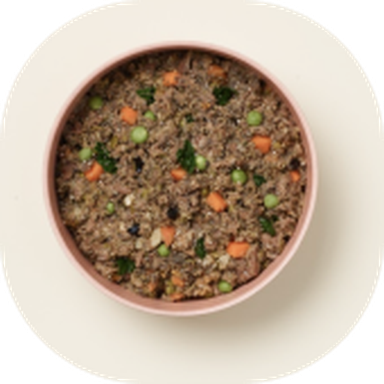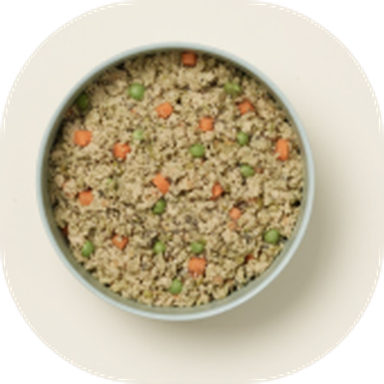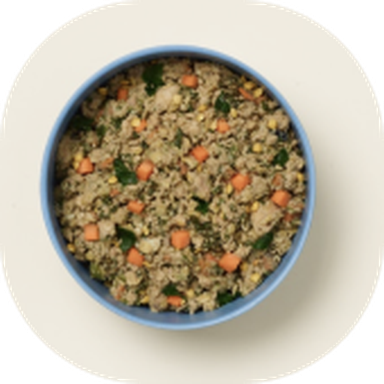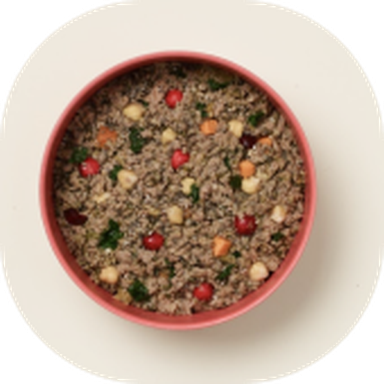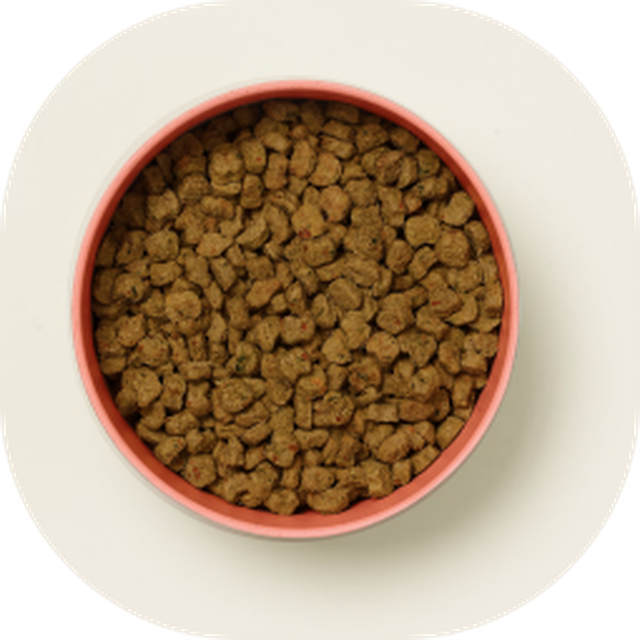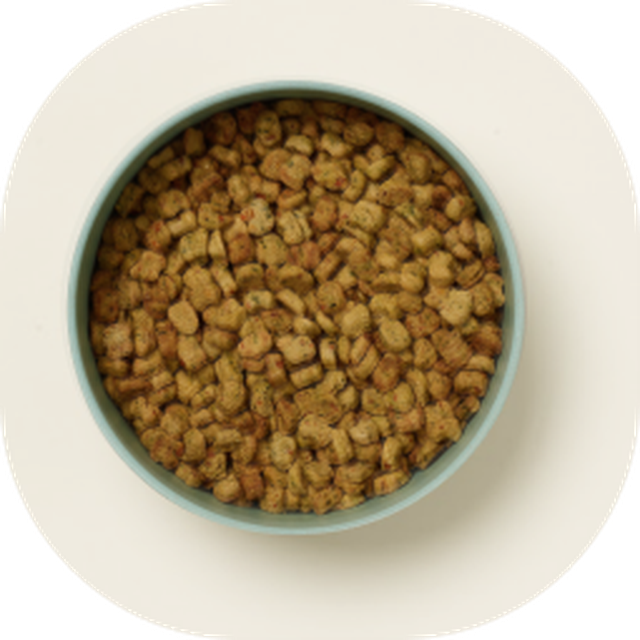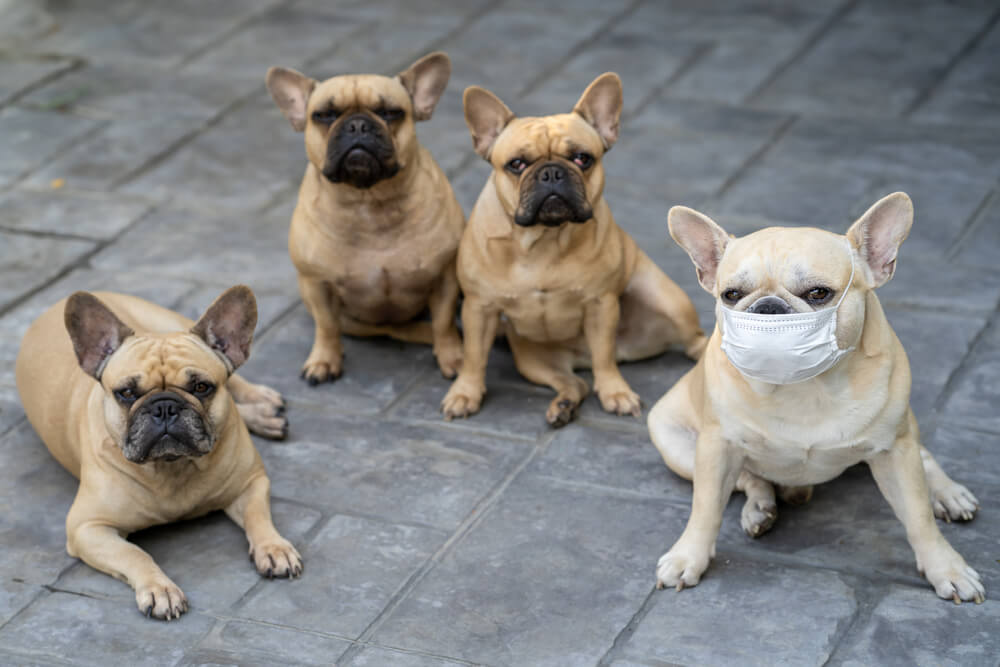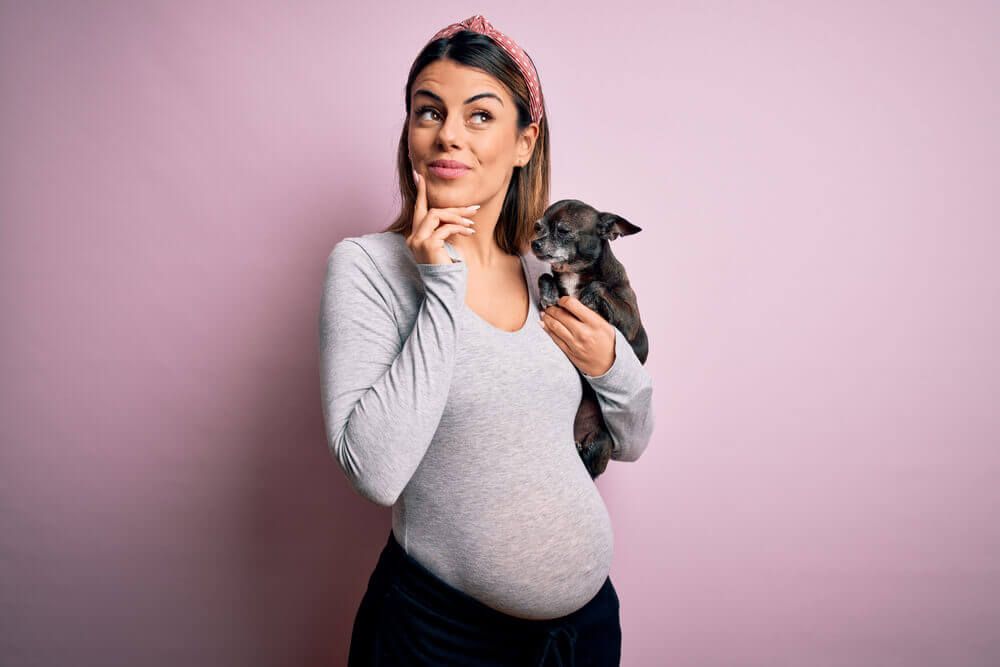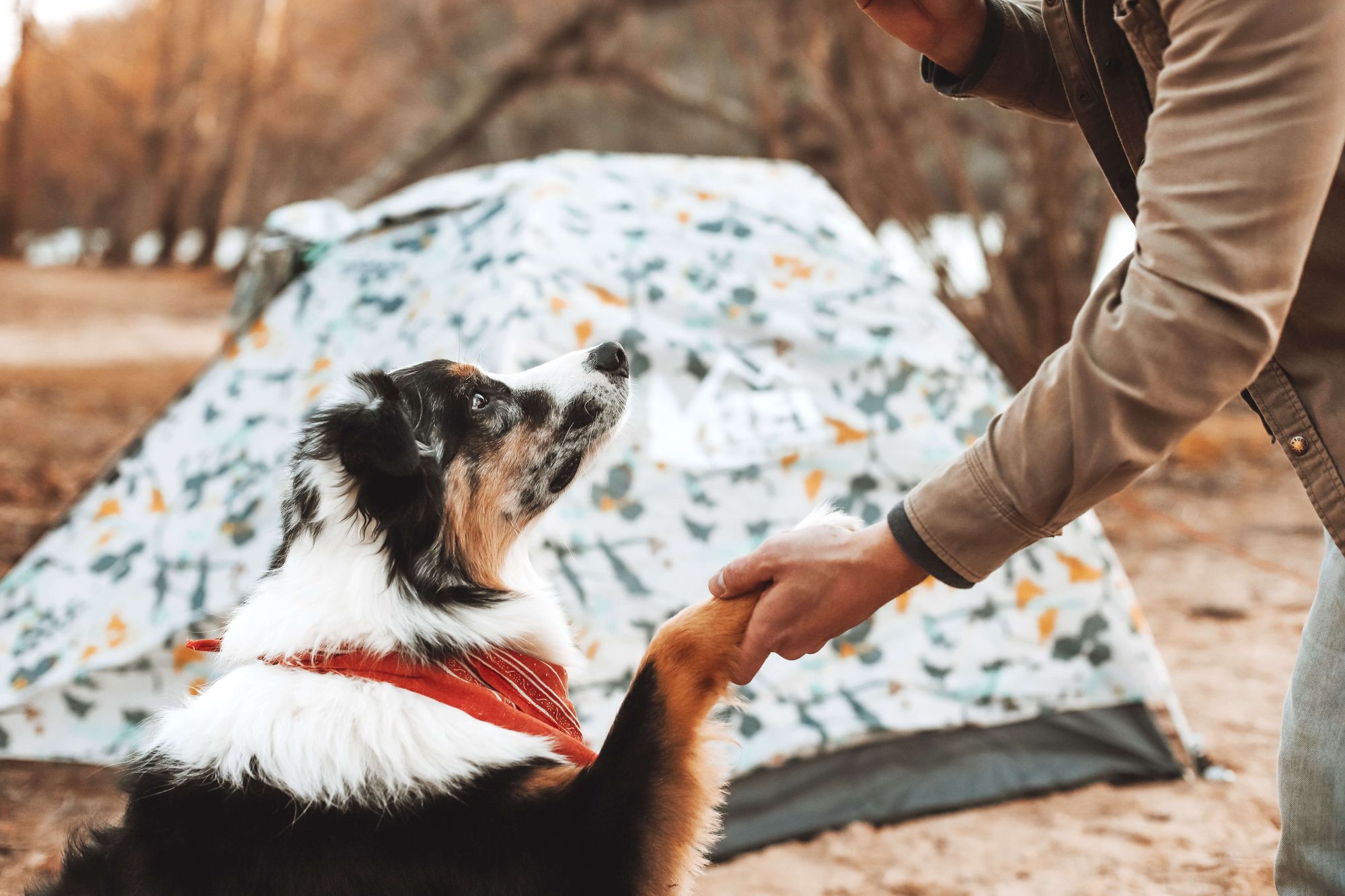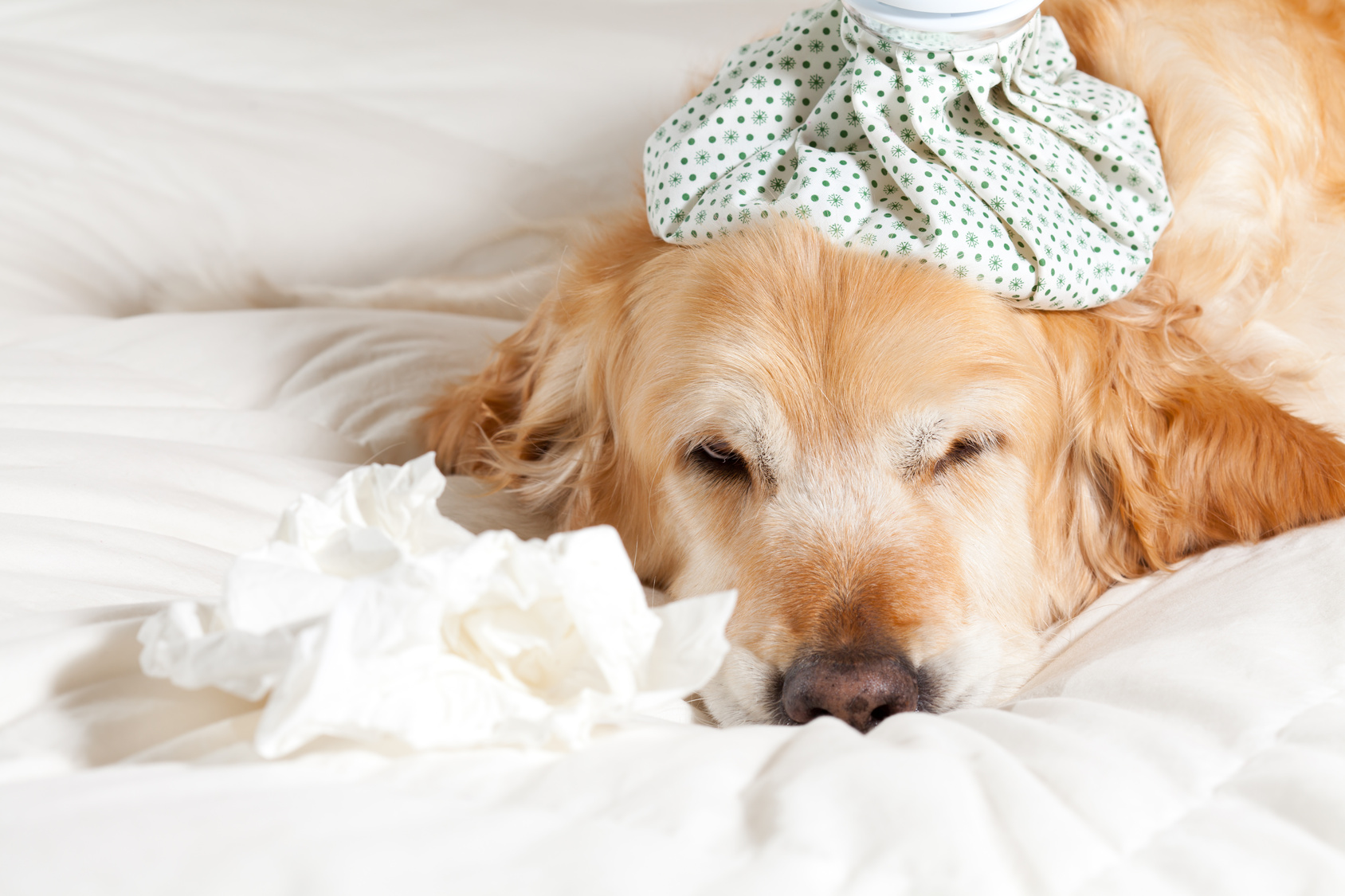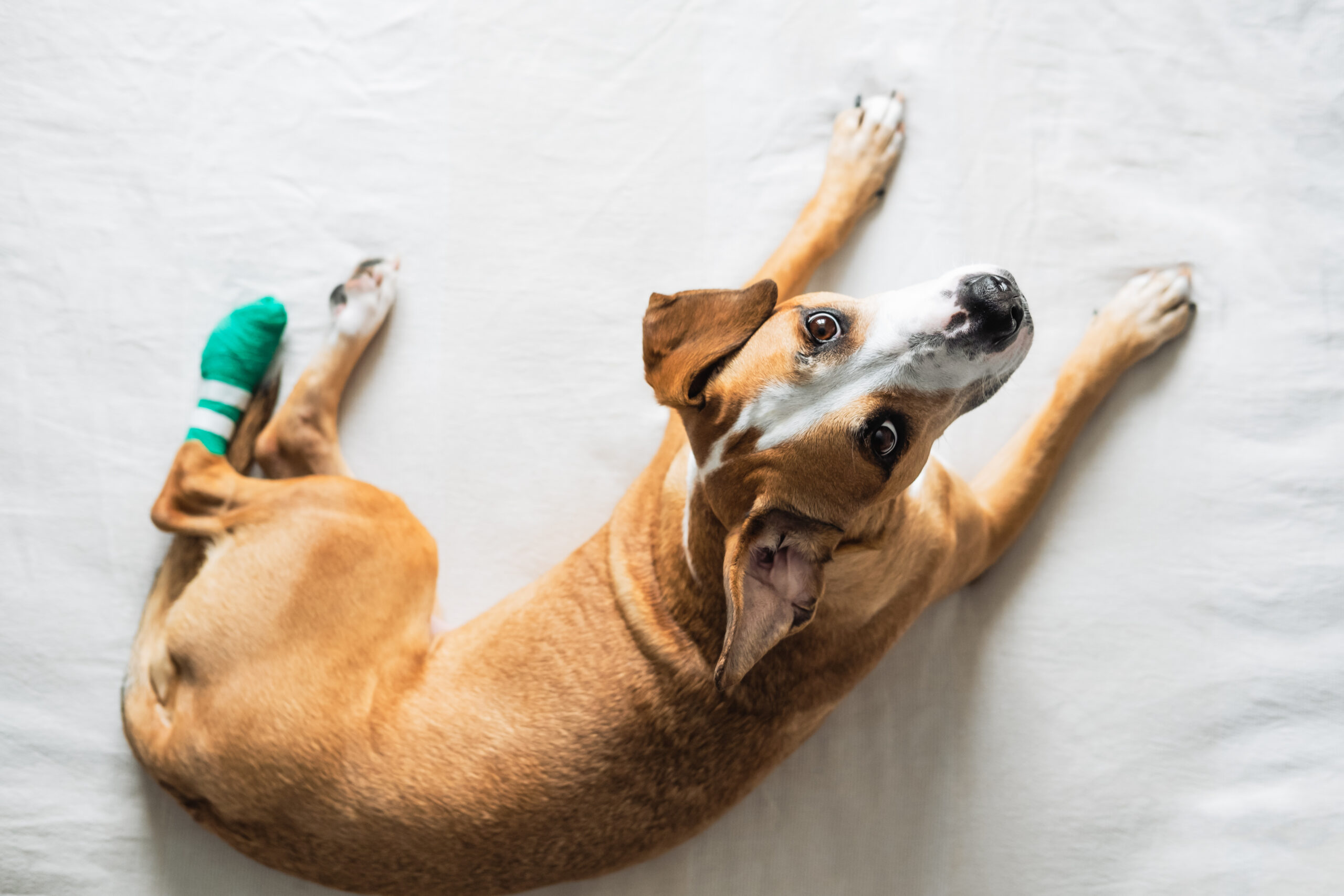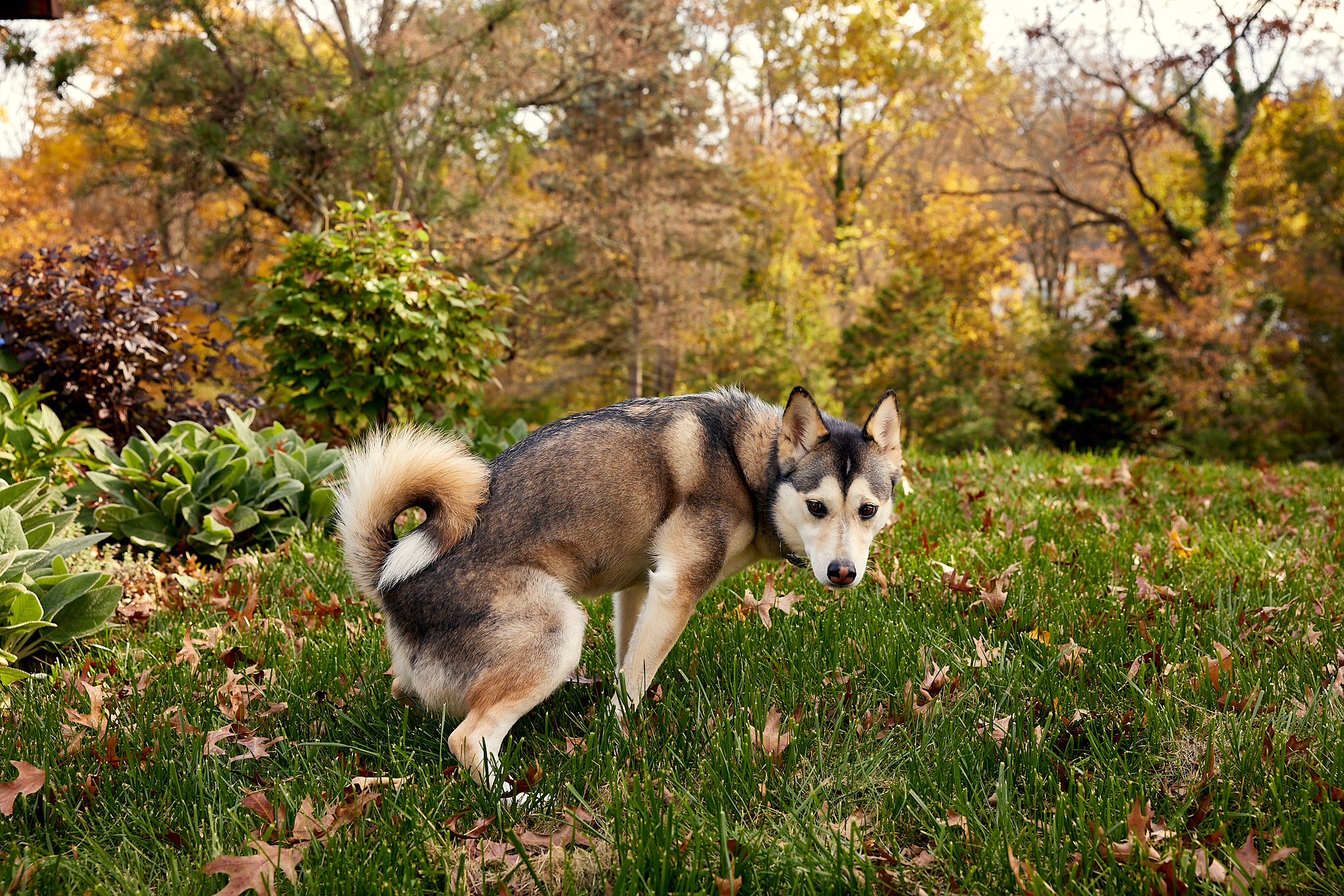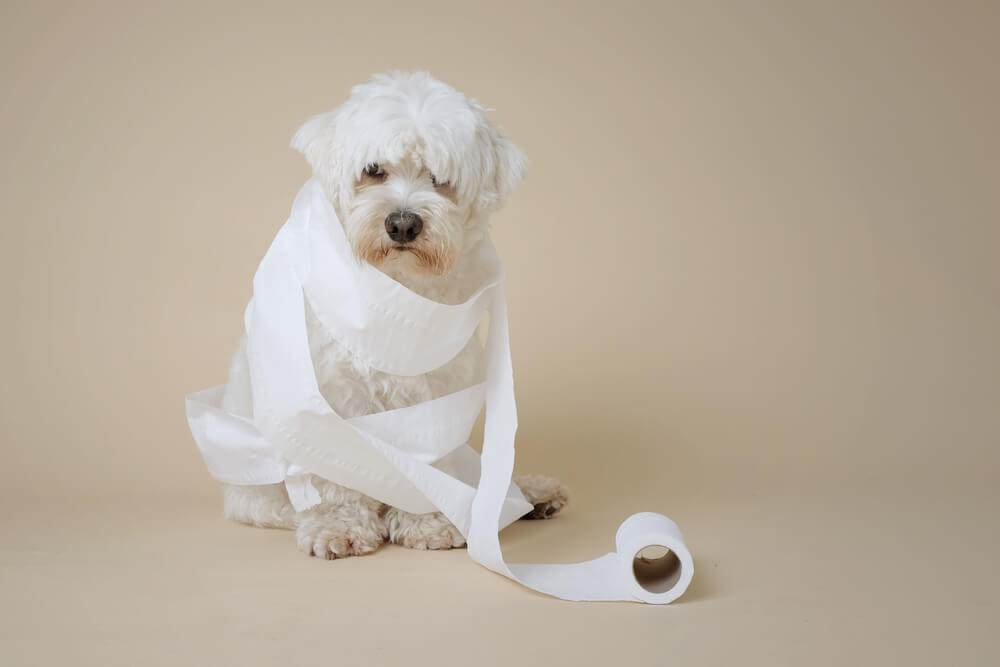Hey Ollie blog readers! We’re offering you an exclusive 60% OFF your starter box! Try now!
At Ollie, the health and wellness of pups and their parents are our first and foremost priority. We do our best to educate ourselves on an ongoing basis — on small things like dog park etiquette to more serious issues like COVID-19 coronavirus and its impact on our global community.
We believe your safety is better served by the facts rather than alarmist, reactionary content. So we’re here to address the questions you might be asking as a pup parent and shed light on what precautions we’re taking as a business, as well as ones you can take at home.
What is coronavirus?
First, it’s important to understand what we know about coronaviruses and COVID-19. According to the World Health Organization (WHO), “Coronaviruses are a large family of viruses which may cause illness in animals or humans. In humans, several coronaviruses are known to cause respiratory infections ranging from the common cold to more severe diseases such as Middle East Respiratory Syndrome (MERS) and Severe Acute Respiratory Syndrome (SARS). The most recently discovered coronavirus causes coronavirus disease COVID-19.”
COVID-19 was discovered after an outbreak that began in Wuhan, China in December of 2019. The Centers for Disease Control & Prevention (CDC) have the first recorded case of COVID-19 in the US showing up on January 21, 2020.
Because this is a newly discovered virus, the current understanding of how it spreads is based on knowledge of other coronaviruses. As of now, it is believed to be spread from person to person via respiratory droplets that are formed when an infected person coughs or sneezes. These droplets can land in the eyes, mouth, or nose of another person or be inhaled into the lungs.
People are believed to be the most at risk to contracting COVID-19 when exposed to those who are actively expressing symptoms or someone who has recently traveled to a known affected area. The virus can also be spread by people who do not have symptoms. This is why it is important to practice social distancing as directed by your city and state government and health department. Social distancing means avoiding public gatherings and staying at least 6 feet away from others. Many states across the US have closed nonessential businesses and put in place strict guidelines for visiting open businesses.
Symptoms of COVID-19 range from mild to severe and include fever, cough, shortness of breath, difficulty breathing, chills, repeated shaking with chills, muscle pain, headache, sore throat, and new loss of sense of smell or taste.
Precautions to take to prevent coronaviruses
- Avoid contact with people who are sick
- Don’t travel or go to work when you’re sick
- Wash your hands frequently for at least 20 seconds with soap
- Use hand sanitizers containing 60%-90% alcohol to kill bacteria if soap and water for hand washing are not available
- Avoid touching your eyes, nose, and mouth
- Use a disinfectant on objects that many people frequently use or touch like doorknobs, keyboards, and telephones
- If you have symptoms consistent with Coronavirus or COVID-19 specifically contact your doctor for further instructions
- Recommendations for face masks have been updated in many states. While healthy people were told to avoid wearing masks at first to conserve them for medical professionals, the guidance here has been updated. Wear a face mask when you are in public and it is hard to maintain social distancing. In some states this is the law and anyone entering an essential place of business (employee or guest) must wear a mask. You can use a simple cloth covering for your nose and mouth. Reserve N95 masks (medical grade masks) for medical professionals. .
Follow the CDC, WHO, your local Department of Health and credible medical sources for updates on the outbreak as more information is available, recommendations in this article may change as the COVID-19 situation evolves.
Can my dog get COVID-19?
It seems highly unlikely. As of April 26, 2020 the AVMA reports that: "Current expert understanding is that SARS-CoV-2 (COVID-19) is primarily transmitted person-to-person. At this time, there is no evidence that animals play a significant role in spreading SARS-CoV-2. And, based on the limited data available, the risk of animals spreading COVID-19 to people is considered to be low. We are still learning about the virus, but it appears that in rare instances, people can spread the virus to certain animals. Further studies are needed to understand if and how different animals could be affected by the virus."
You may have seen reports that tigers and lions at the Bronx Zoo in New York have tested positive as well as some cats and a few dogs. To this end the CDC has released new guidelines encouraging cat owners to keep their pets indoors as much as possible. The CDC is not currently recommending widespread testing of animals.
Since the disease can be passed easily from human to human, you may notice that if your dog needs medical attention you will have to follow some new protocols. The AVMA has provided general guidance to vets and they have created an FAQ sheet for pet owners that can be viewed here.
Many vet offices are offering curbside appointments for urgently needed care only. This means you will drive up to your vet’s office with your pet. A technician will meet you at your car and take your pet in for their exam or treatments. The doctor will call you and discuss your pet’s care over the phone. You will pay for your appointment and coordinate and perscription orders over the phone. Your pet will be returned to your car by the technician.
If your pet’s carrier or leash has been touched by other people it is a good idea to disinfect them after your visit. While chances of getting COVID-19 from your dog’s hair or fur are very low, COVID-19 can live longer on some surfaces – including your dog’s leash, harness or crate.
In some cases, your dog may not even need to be seen in person. Telehealth services are being offered by some vet practices. If your dog has health insurance, some carriers are reimbursing for these virtual visits. If your pet needs care, do not hesitate to call your vet’s office to discuss the best and safest next step. Your vet may instruct you to delay some wellness or routine visits when possible.

Can my dog get other Coronaviruses?
Yes. According to Dr. Ernst Ward, Coronavirus disease is a highly infectious intestinal infection in dogs, especially puppies. Coronavirus is usually short-lived, but may cause considerable abdominal discomfort for a few days in infected dogs. The cause is a virus of the Coronaviridae family. The virus gets its name from the fact that when viewed from above under an electron microscope, the virus has a ring of projections that appear like a coronet, or a small crown made of ornaments fixed on a metal ring. Different coronaviruses cause infections in many species of animals and birds. Canine coronavirus does not affect people.”
“This coronavirus is caused by oral contact with infected fecal matter, contact with infected dogs, or eating out of contaminated food bowls. These conditions are usually present when dogs live in unsanitary conditions or are overcrowded.”
There is no treatment for this type of coronavirus, it usually runs its course in a day or two. If your dog is vomiting, try to withhold food for a few hours and then reintroduce a bland diet — Ollie’s chicken recipe is a safe, gentle option for sensitive stomachs that have been through digestive strife. If the vomiting has not resolved itself in 24 hours or is accompanied by other symptoms contact your dog’s vet for treatment.
There is a vaccine available for canine coronavirus, but it is not a core vaccine nor is it recommended for all dogs. Talk to your vet about the vaccine as it is only administered to dogs who are at risk and may be quite expensive.
Is my dog’s food still safe?
According to the FDA, there is currently no evidence that suggests COVID-19 can be transmitted by food or food packaging. Early research indicates that viral particles are only able to survive a few hours. Your Puptainer, lid, and scoop are safe to use, but as with all good hygiene practices, we recommend washing it regularly with soap and water for the safety of you and your pup.
What is Ollie doing about this outbreak?
Safety for our pup parents and employees is top of mind as we continue to operate under the guidance of the CDC and other health authorities. We closely monitor any new information and adapt to ensure the health and safety of our employees and customers. We offer contactless delivery to pet parent’s doors to ensure their pups are getting the best nutrition even during this pandemic.
Reinforcing best health and safety practices
The Ollie team is continuing to take this as an opportunity to double down on hygiene practices, providing on-site training and vaccinations, when available.
Promoting wellness in our employees
In our kitchen, fulfillment centers, and our NYC headquarters, we encourage all employees to follow the necessary precautions outlined by the CDC — washing hands regularly, maintaining a clean work environment, which includes thorough wipe downs with antibacterial wipes, and staying home when sick.
Maintaining flexibility
From suppliers to work-day schedules, we are remaining swift and nimble as new information surfaces about coronavirus. Whether this means creating a B, C, or D plan, our aim is to keep our employees safe and our customers satisfied.
Staying informed and up-to-date
Since there are still a lot of unknowns surrounding COVID-19, we are erring on the side of caution and preparing as best as we can for whatever comes next. This means keeping our ears to the ground and staying consistent with recommendations made by government and medical officials.
We will continue to update this article should there be any new developments, and we encourage you to speak with your veterinarian or physician about any major concerns you might have. (Last update: April 29, 2020)
The Ollie blog is devoted to helping pet parents lead healthier lives with their pups. If you want to learn more about our fresh, human-grade food, check out MyOllie.com.
Tagged As:

The nutrition your dog needs,
the food they want.

Enjoying our articles? Subscribe our Newsletters and get new articles directly to your inbox
You might also like
26 April 2024
4 MINS READ
How Often Should I Take My Dog To The Vet?
Routine veterinary care is important for your dog’s overall health—but how often should your pup visit the vet? We answer this question and outline common health signs that warrant a veterinary…
by Ollie Pets
28 February 2024
6 MINS READ
Why Do Dogs Eat Poop & How to Stop It
Does your dog partake in poop? We get to the bottom of this unusual behavior, including its medical and behavioral causes, and how to address it.
by Ollie Pets
30 August 2023
6 MINS READ
Dog Diarrhea: How to Prevent and Resolve
Dog diarrhea is distressing for pups and their owners. Understanding common diarrhea causes can help you respond quickly and effectively to your pup’s intestinal issues.
